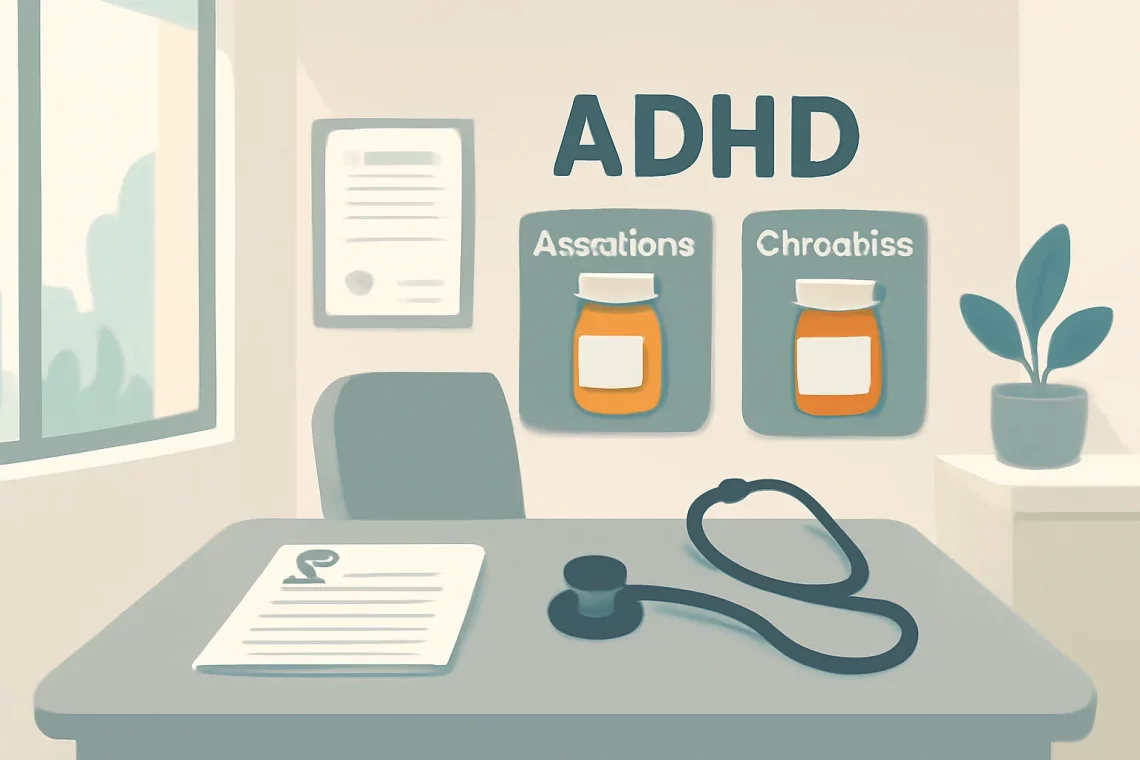-
Guanfacine vs Clonidine: Choosing the Right Medication for ADHD
Guanfacine and clonidine are both medications that belong to a class known as alpha-2 adrenergic agonists. They are primarily used to treat attention deficit hyperactivity disorder (ADHD) and hypertension, but they have gained attention for their potential benefits in various other conditions. As the medical community continues to explore their pharmacological profiles, patients and healthcare professionals alike seek to understand the nuances of each medication. Both guanfacine and clonidine work by affecting certain receptors in the brain, leading to a decrease in sympathetic nervous system activity. This can result in lowered heart rate and blood pressure, as well as improvements in attention and impulse control. However, despite their similarities, these…
-
What Happens If You Eat Playdough? Exploring the Risks and Effects
Eating playdough might sound harmless or even amusing, especially considering its vibrant colors and pliable texture. Many people, particularly children, encounter this non-toxic modeling compound during playtime, often leading to curious thoughts about its taste and safety. Playdough has been a staple in children’s activities for generations, serving as a tool for creativity and imagination. However, the act of consuming it raises important questions about the potential effects on health and well-being. The ingredients in playdough are typically safe for handling, but they are not intended for ingestion. The primary components often include flour, water, salt, and food coloring, combined to create a soft and moldable substance. While these ingredients…
-
Understanding the Causes and Solutions for Peeing Pants in Children
Understanding the Causes and Solutions for Peeing Pants in Children Dealing with childhood accidents can be a challenging experience for both children and their caregivers. It’s not uncommon for young children to have occasional incidents where they wet their pants, which can stem from various factors. Understanding these underlying causes is essential for parents and guardians to respond appropriately and compassionately. Accidents may arise from a mix of physiological, psychological, and environmental influences, making it crucial to approach the subject with sensitivity and awareness. Many parents may feel embarrassed or frustrated when their child has an accident. However, it is essential to recognize that such occurrences are often a normal…
-
The Funniest Joke About Anger That Kids Will Love
Anger is a natural human emotion that everyone experiences at some point in their lives. For children, understanding and managing feelings of anger can be particularly challenging. They may not yet have the tools to express these emotions appropriately, leading to tantrums or outbursts. However, teaching kids about anger in a light-hearted manner can transform a potentially negative experience into a valuable lesson. Humor can be a powerful tool in this context, helping to diffuse tension and foster a better understanding of emotions. When children learn to laugh at their feelings, they begin to see that anger is just one of many emotions they can experience. This not only helps…















